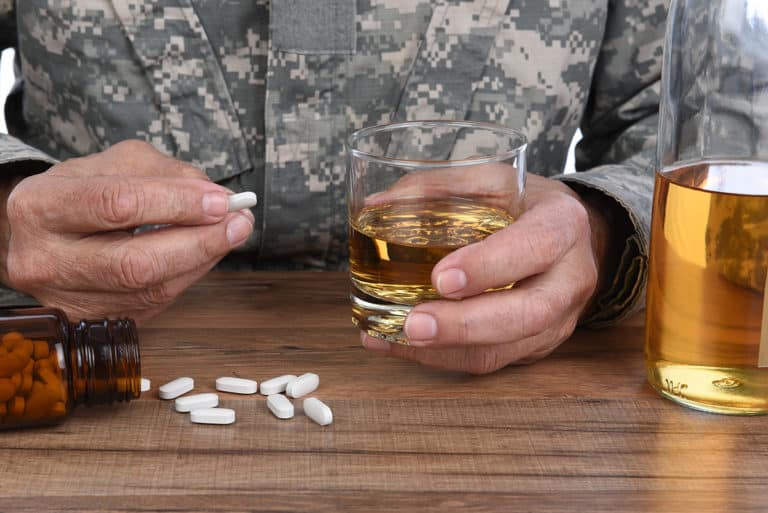In general, most people are familiar with the term PTSD, which stands for “post-traumatic stress disorder,” a condition that describes the lingering effects a patient may experience after witnessing or living through a traumatic event. Though PTSD was used exclusively to describe veterans of war for many years, the definition has expanded to include multiple types of traumatic experiences, both physical and emotional, that could be treated within a PTSD treatment program. Contact Liberty Bay Recovery to learn more about the link between PTSD and addiction by calling (855) 607-8758.
Self-Medication in Response to Trauma
Most people have heard of the concept of addiction, which describes the state of being emotionally and/or physically dependent on a substance or activity. Though addiction can take many distinct forms, it generally refers to the repeated use of drugs, alcohol, or other numbing behaviors to cope with certain circumstances. Often, casual drug or alcohol users can become addicted without realizing they have a problem, especially with more socially accepted substances like nicotine or alcohol. For people with unhealed trauma, experiencing an emotion similar to one they experienced during or after trauma could trigger high levels of stress. This may cause them to self-medicate.
The reaches of addiction go much farther than common, legal substances found at any party or club. Some victims become addicted to the effects of the opioid medication they’ve been prescribed for pain, leading them to opioid abuse or even turn to other substances such as heroin when painkillers become too difficult to obtain.
What Is Co-Occurrence?
In the healthcare sphere, co-occurrence is a phenomenon in which two distinct issues or disorders negatively feed each other. Usually, this means that the two disorders interact to make either one or both issues worse. Though PTSD and addiction have both been heavily studied in their own right, the connections between the two are significant.
Addiction and PTSD: Co-Occurring Disorders
When it comes to PTSD, there are many symptoms to look out for, depending on the situation. Some of the common symptoms seen in those that have suffered emotional trauma include:
- Poor sleep or insomnia
- Flashbacks
- Anxiety
- Depression
- Changes in mood or demeanor
- Loss of interest in activities or emotional detachment
As mentioned above, some patients that develop an addiction do so without realizing that their social activities have become problematic to their health. However, many people struggling with addiction do so for an entirely different reason: they rely on a substance, multiple substances, or certain activities to self-soothe or treat the symptoms of their PTSD.
Treatment for Addiction Involves Trauma-Informed Care
The symptoms of PTSD are life-altering and can be extremely difficult to handle on top of the stresses of normal life. Therefore, it’s not surprising that some PTSD patients begin to lean on certain medications, substances, or practices that help them feel more in control of their emotions.
However, the act of self-medicating for your PTSD symptoms can be a slippery slope when PTSD and addiction become intertwined. The deeper an addiction becomes, the more difficult it can be to detox and find healthier coping methods if you’re facing worsening PTSD symptoms on top of the typical symptoms of withdrawal. The following programs can help:
- Residential detox center
- Partial hospitalization program
- Residential addiction treatment
- Intensive outpatient program
Comprehensive and Caring PTSD and Addiction Treatment
Detoxing from addictive substances on your own is difficult enough without the added pressure of facing your trauma at the same time. However, you can be successful with treating co-occurring PTSD and addiction with an individualized treatment program at Portland, Maine’s Liberty Bay Recovery. Want to know more? Call (855) 607-8758 to learn about our unique programs and distinctive features at Liberty Bay Recovery.




